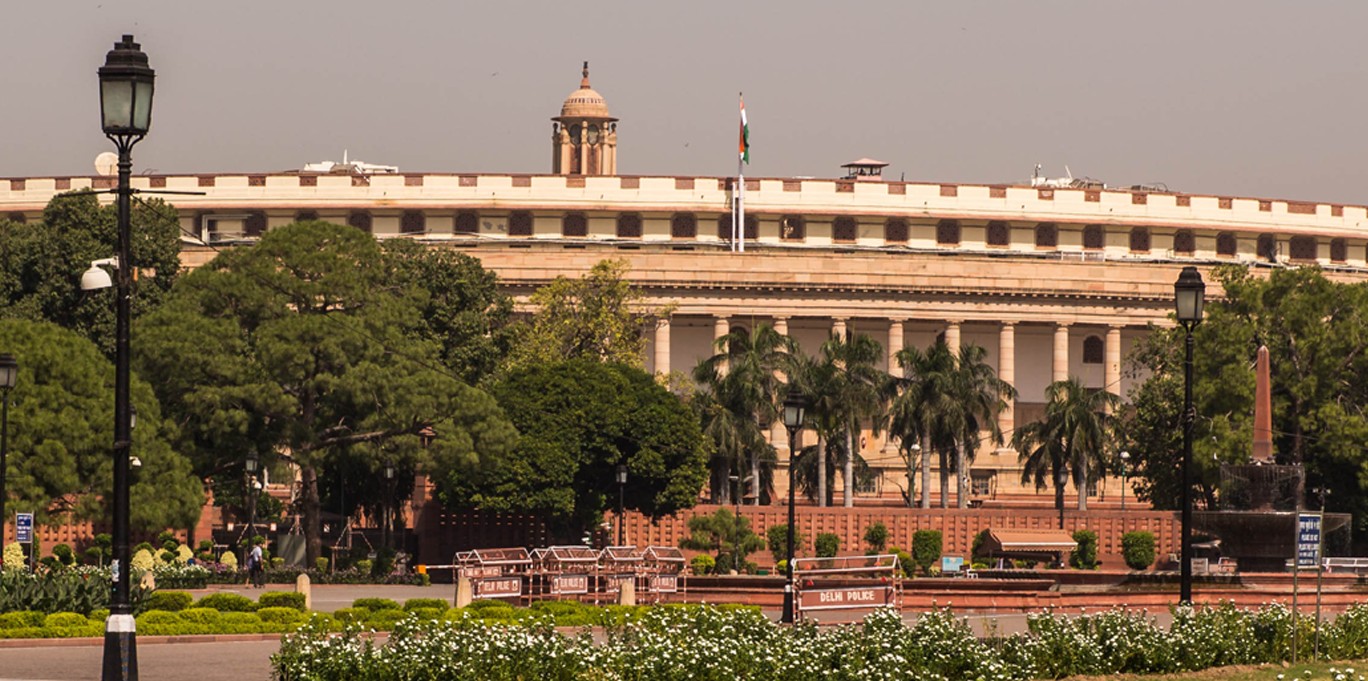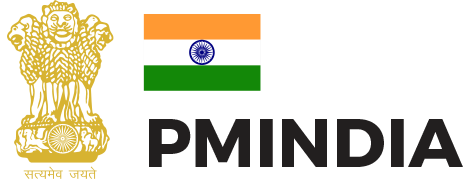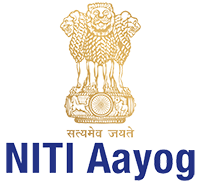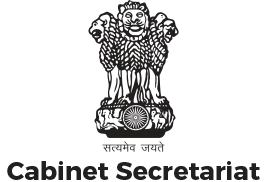
Revisit the Seventh Schedule to improve Centre-state relations.
By Bibek Debroy:
The Union government recently revoked the orders and guidelines issued under the Disaster Management Act (DMA), 2005. Many of these were issued once the Act was invoked on 24 May 2020, soon after covid came knocking on India’s doors. The DMA has been the backbone of policy interventions to fight covid. However, since health is a state subject, how was something like the DMA passed in the first place to deal with issues related to health, among others?
Any legislation can be passed under an enabling constitutional provision. Article 246 of the Constitution in the Seventh Schedule has Union, state and concurrent lists. Disasters do not figure in any of these lists. So, under which enabling provision was the DMA passed? Before it was passed, the related Bill was referred by the Rajya Sabha to a parliamentary panel headed by the late Sushma Swaraj. One should quote the 115th report of the Department related Parliamentary Standing Committee, Home Affairs, on The Disaster Management Bill, 2005: “The proposed legislation is relatable to Entry 23 (Social Security and Social Insurance) in the Concurrent List of the Constitution. This will have the advantage that it will permit the States also to have their own legislation on disaster management.” It was ‘Social Security and Social Insurance’ which enabled central legislation on disasters.
Read the full article here: https://www.livemint.com/opinion/online-views/revisit-the-seventh-schedule-to-improve-centre-state-relations-11651424987318.html



